In the vast realm of home security, while technology and alarm systems have their place, animals have long been a trusted ally in safeguarding our homes. From the dawn of civilization, humans have relied on the instincts and abilities of various creatures to warn them of intruders and potential threats. In this exploration, we’ll delve into some of the best animals that have been and can still be, used to guard our homes, starting with the most iconic of them all.
Contents
- 1 The Classic Guardian: Dogs
- 2 The Nocturnal Watcher: Geese
- 3 The Silent Alarm: Cats
- 4 The Unconventional Protectors: Llamas
- 5 The Aquatic Sentinel: Swans
- 6 The Aerial Scouts: Ravens and Crows
- 7 The Spiky Deterrent: Hedgehogs
- 8 The Slithering Surveillance: Snakes
- 9 The Unexpected Alarm: Guinea Fowl
- 10 Factors to Consider When Choosing a Guard Animal
- 11 The Harmony of Security and Companionship
The Classic Guardian: Dogs

Dogs have been man’s best friend for thousands of years, and their role as protectors is deeply ingrained in their history. From ancient civilizations that used large breeds to guard temples and palaces to modern-day homeowners who rely on their canine companions to keep an eye on their property, dogs have always been synonymous with security. Breeds like the German Shepherd, Rottweiler, and Doberman are especially known for their guarding instincts, making them top choices for those seeking a loyal and effective guard animal.
However, it’s not just about the breed; training plays a pivotal role in harnessing a dog’s protective instincts. A well-trained guard dog can differentiate between a potential threat and a harmless visitor, ensuring safety without unnecessary aggression. Moreover, while dogs are excellent deterrents for intruders, they also require love, care, and attention, making them not just security assets but beloved family members.
The Nocturnal Watcher: Geese

Geese might not be the first animal that comes to mind when considering home security, but their vigilant nature makes them surprisingly effective guards. Historically, geese have been used in various cultures as living alarm systems. Their keen sense of hearing and a natural inclination to sound the alarm at unfamiliar noises, especially at night, makes them a unique security asset.
However, geese are not just about noise; they can be quite territorial and confrontational when they sense an intruder, often chasing away potential threats with their honks and flaps. While they might not have the physical prowess of a dog, their alertness and unpredictability can deter trespassers. But, like all animals, geese require proper care, a suitable environment, and social interaction, as they are naturally flock animals.
The Silent Alarm: Cats

Cats, with their keen senses and nocturnal habits, offer a different kind of home protection. Unlike dogs or geese, cats are not typically aggressive defenders of territory. Instead, their value lies in their heightened awareness. A cat’s acute hearing and sharp eyesight make them quick to notice unusual activities or sounds, often long before their human counterparts.
While a cat might not confront an intruder, their behavior can serve as an early warning system. A suddenly alert or skittish cat might indicate something amiss, prompting homeowners to investigate further. Additionally, in rural settings, cats play a crucial role in keeping homes free from pests like rodents. So, while they might not be the traditional guard animal, their presence and instincts can contribute to a home’s overall security.
The Unconventional Protectors: Llamas

Llamas, native to the rugged terrains of South America, have been domesticated for thousands of years, primarily for their wool and as beasts of burden. However, their protective nature, especially towards smaller livestock, has made them an unexpected choice for guarding. Llamas possess a natural aversion to canine predators, making them effective against threats like coyotes or stray dogs. Their imposing size and curious nature mean they’ll often approach and investigate unfamiliar beings, which can be intimidating to potential intruders.
Yet, it’s not just their size and curiosity that makes them effective guards. Llamas are known to sound loud alarms when they sense danger, alerting other animals and possibly humans to potential threats. They can also become aggressive when cornered or defending their charges, using their sharp teeth and powerful legs to kick. However, like all guard animals, it’s essential to ensure that llamas are well cared for, given ample space, and appropriately socialized.
The Aquatic Sentinel: Swans
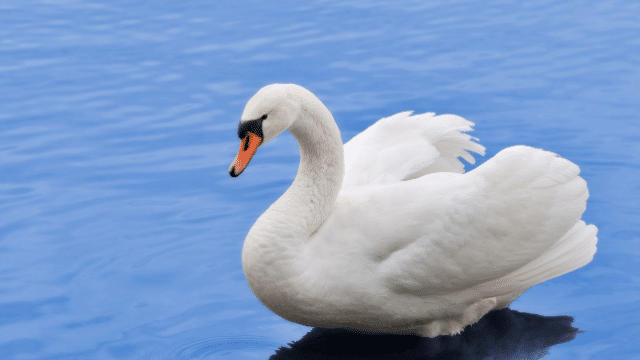
Swans, with their graceful appearance and serene demeanor, might not seem like obvious choices for guarding. However, beneath their elegant exterior lies a fiercely territorial nature. Historically, swans have been used to guard moats around castles, not just for their aesthetic appeal but for their aggressive behavior towards intruders. Their large size and powerful wings can pose a genuine threat to those they perceive as invaders.
While swans can be effective in deterring potential threats, especially in aquatic settings, they come with their own set of challenges. Swans mate for life and can become very aggressive during nesting season, making it crucial to approach them with caution. They also require a suitable aquatic habitat and can be quite vocal, which might not be ideal for all settings. However, in the right environment, swans can be both a beautiful and protective addition to a property.
The Aerial Scouts: Ravens and Crows
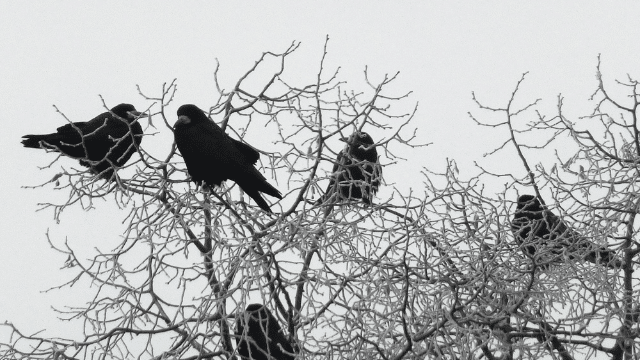
Corvids, particularly ravens and crows, are among the most intelligent birds on the planet. Their remarkable cognitive abilities, combined with their keen eyesight, make them excellent observers. In various cultures, these birds have been seen as omens or messengers, often alerting humans to changes in their environment. Their ability to recognize individual human faces means they can differentiate between familiar people and potential intruders.
Training ravens or crows to act as guards might be more challenging than training a dog, but their natural curiosity and watchfulness can be harnessed with patience. These birds are known to mimic sounds, and with the right training, they can be taught to alert homeowners with specific calls when they spot something unusual. However, it’s essential to remember that corvids are wild animals with specific needs. They require mental stimulation, social interaction, and a suitable environment to thrive.
The Spiky Deterrent: Hedgehogs
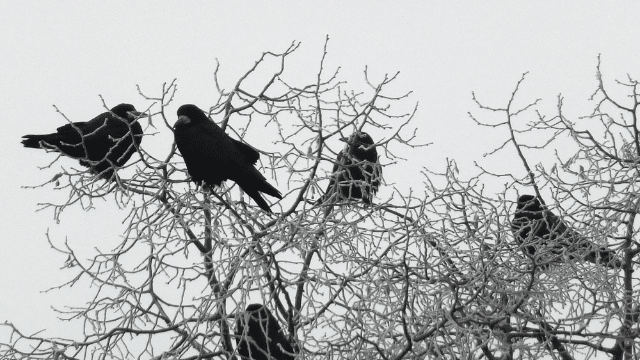
At first glance, hedgehogs might seem like an odd choice for home protection. These small, spiky creatures are more known for their cuteness than their guarding abilities. However, hedgehogs have a keen sense of hearing, often detecting sounds that might go unnoticed by humans. Their nocturnal nature means they’re active during the hours when many homes are most vulnerable.
While hedgehogs won’t confront or deter intruders in the way that dogs or geese might, their reactions to unfamiliar sounds can serve as a subtle alarm system. A hedgehog’s natural behavior, when threatened, is to roll into a ball, exposing its spines. This behavior, while primarily a defense mechanism against predators, can alert attentive homeowners to potential disturbances. Additionally, in gardens, hedgehogs play a vital role in pest control, keeping homes free from various insects and small pests.
The Slithering Surveillance: Snakes
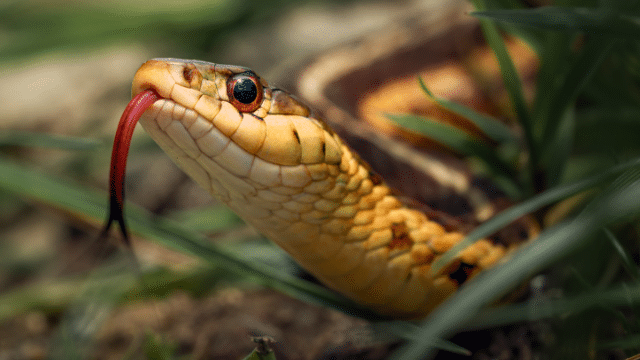
Snakes, often feared for their stealth and potential danger, can serve as a unique form of home protection. The mere presence of a snake can be a strong deterrent for many would-be intruders. Some homeowners use non-venomous snakes as a form of pest control, ensuring that homes remain free from rodents and other small invaders. Their silent, observant nature makes them excellent at detecting movements, especially in places where humans might not frequently tread.
However, using snakes as home security comes with significant considerations. It’s crucial to differentiate between venomous and non-venomous species, ensuring safety for both the household members and visitors. Proper housing, care, and understanding of snake behavior are essential. While they might not alert homeowners in the way a dog or goose might, their presence can be a silent and effective deterrent against potential threats.
The Unexpected Alarm: Guinea Fowl
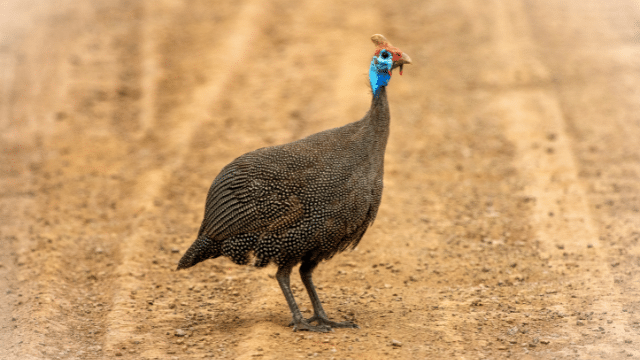
Guinea fowl, with their distinctive calls and alert nature, can be an unexpected yet effective addition to home security. Native to Africa, these birds are known for their loud, repetitive calls when they sense something amiss. Their natural behavior is to roam in flocks, scanning their surroundings for potential threats, making them excellent watchdogs in a more rural setting.
Beyond their alertness, guinea fowl offer other benefits. They are voracious insect eaters, helping to keep properties free from ticks, spiders, and other pests. However, their loud calls, while effective as alarms, can also be disruptive. Proper housing and care are essential, as is understanding their social nature. In the right setting, guinea fowl can be both a functional and charming addition to a property’s security measures.
Factors to Consider When Choosing a Guard Animal
Choosing the right guard animal for your home isn’t a decision to be taken lightly. It’s essential to assess the specific needs of your property and the potential threats you might face. For instance, a rural property with livestock might benefit from the protective nature of a llama, while an urban home might be better suited to a guard dog. Training and care requirements vary significantly between animals, and potential owners must be prepared to invest time and resources into their chosen protector.
Legal and ethical considerations are also paramount. Some animals might be subject to local regulations or restrictions. It’s also crucial to ensure that any animal brought into a home for security purposes is treated with kindness and respect and given the proper care and environment, it needs to thrive. After all, a well-cared-for animal is more likely to be an effective and loyal protector.
The Harmony of Security and Companionship
From the loyal dog to the unexpected guinea fowl, a myriad of animals have been trusted throughout history to guard our homes. Each offers unique abilities and advantages tailored to different needs and environments. As we’ve explored, the key to effective home protection lies not just in the choice of animal but in understanding, training, and caring for them. In the end, the best guardians are those that are not only effective in their roles but are also cherished members of our households.


